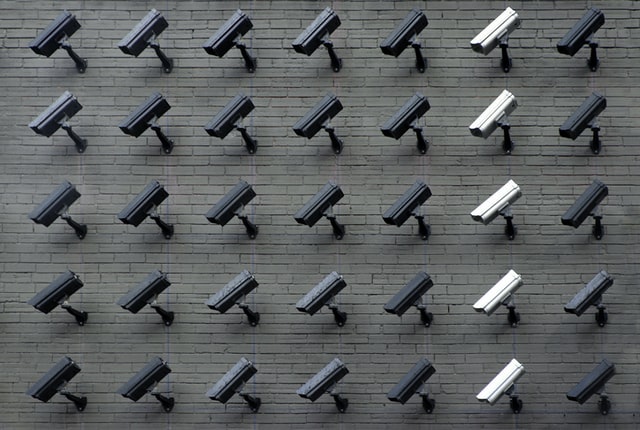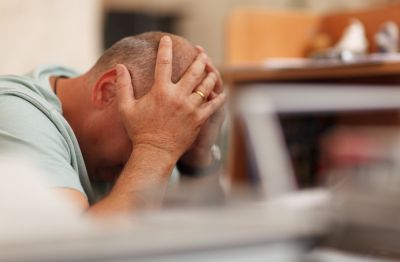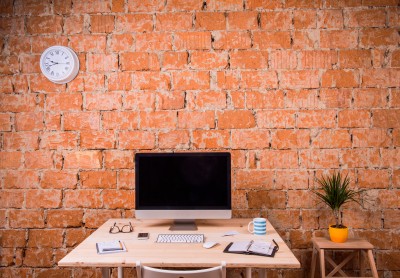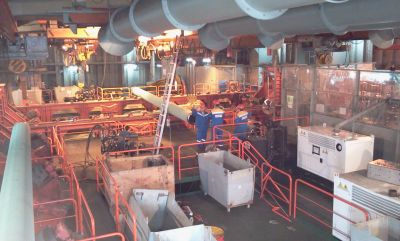4 Simple Ways To Make Your Office More Secure
When it comes to office security, most businesses think about data security and preventing staff from making security mistakes that lead to data leaks.

However, the physical security of your office shouldn’t be overlooked. Data and equipment can be stolen if people can get access to areas they shouldn’t.
Here are some simple ways to make your office more secure.
#1 Restrict Access
The simplest way to keep your office secure is to restrict who can get in it. If you deal with sensitive or embargoed information, you can also use a master key system to restrict who can access different areas of the office.
For example, if your design team is working with heavily embargoed assets, you can reduce the risk of leaks by setting your key system so only the relevant team can access the area.
‘Tailgating’ is a big problem for office security. Train your staff to not allow anyone to follow them a secure door if they don’t recognize them.
Set this as a company policy so nobody worries about appearing rude when they won’t hold a door open for someone.
#2 Add Cameras And Alarms
Security cameras are an easy way to improve security. Cameras outside the building, with clear signage to warn that they are present, act as a deterrent to those who might have broken in.
Inside your office, cameras are a deterrent for staff who might steal from you. Nobody wants to consider that employees might steal, but it does happen. Cameras allow you to review footage, so if things do go missing, you can easily find the culprit.
Offices should always have an alarm system too. Make sure the alarm is properly set every night before the last person leaves for the night.
#3 Use A Safe
If you keep cash on-site, you need a safe. A safe can also be used to keep documents and paperwork secure.
Make sure that the safe you use is fire and security rated, and meets the requirements set by your insurance company. This way, if anything happens to your office, your cash and important documents are safe and secure.
#4 Secure Your Workspaces
Secure computers by securing them with two-step authentication. This could mean a password, and a code sent to a phone or a fingerprint scan.
If employees leave their desks for any reason, such as going to the kitchen for a drink, they should lock their computers so nobody can use their machine while they’re away. At the end of the day, computers should be turned off.
When it’s not being used, paperwork should be kept in locked desk drawers or filing cabinets. Like the computer, paperwork should not be left on the desk, even if the desk is only being left for a short time.
Whatever security policies you decide to put in place, make sure you train your team on them. People can’t uphold policies they don’t know about or understand. Make everyone responsible for security, and security will greatly improve.





